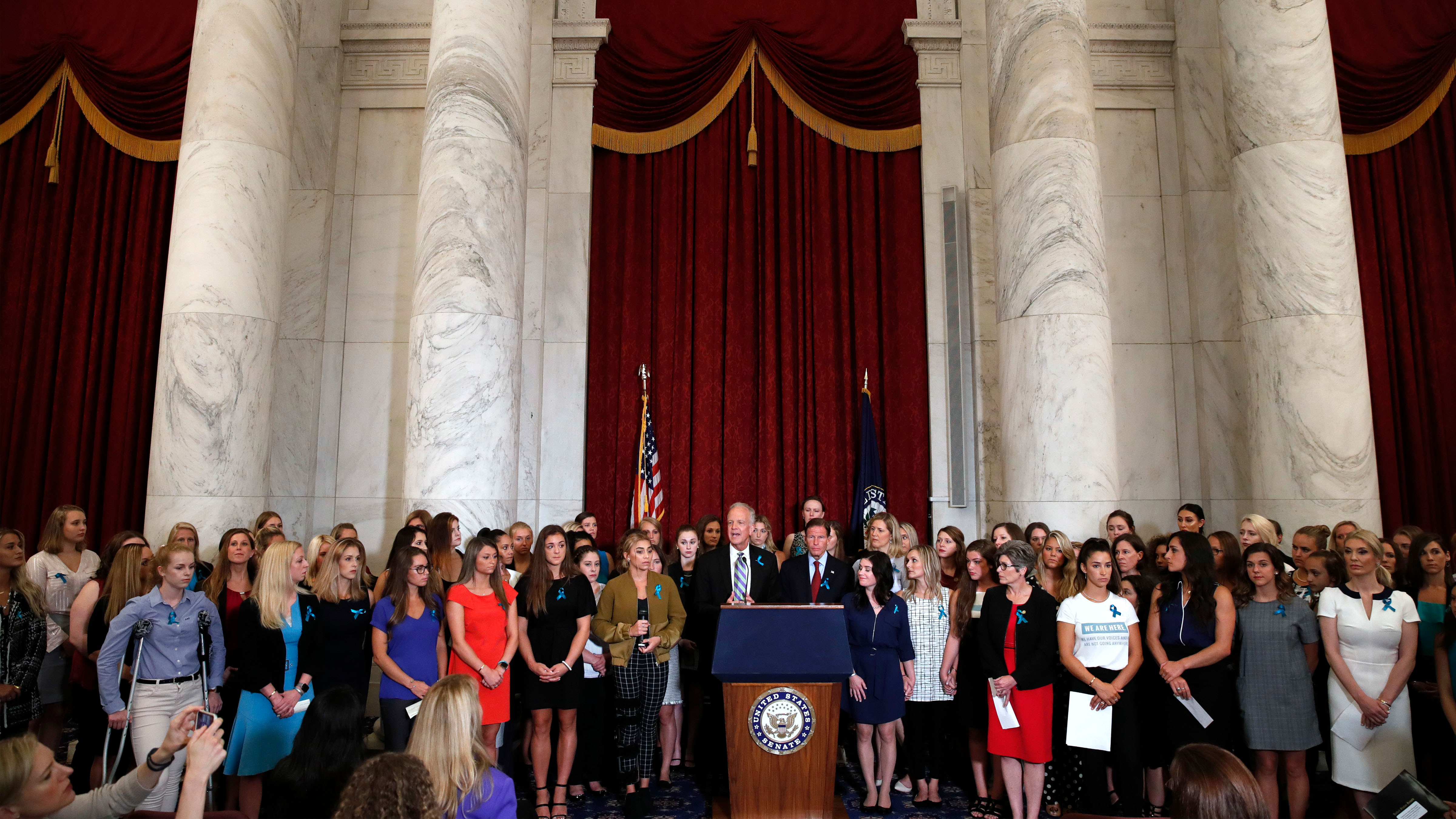'It's a life-saving organization.' LAPD SWAT team marks 50 years

LOS ANGELES (KABC) -- Since 1967, the Los Angeles Police Department's Special Weapons and Tactics team has gone into dangerous situations most officers are not equipped to handle.
When SWAT officers come in, it is to respond to the most critical situations.
"It's a life-saving organization," said Michael Albanese of the Burbank Police Department. "If there is a crisis, really we are the last phone call."
The LAPD created a special unit back in the late 1960s and Michael Albanese was one of the first officers on the elite team. It was first formed as a quick response team. He recalls those early days when they were figuring out how to do it.
"The equipment that we had was all hand-me-down stuff, it was seized property," Albanese said. "The sidearm we had was a Colt."
Over the last half century, the equipment improved and they dealt with riots, hostage situations, barricaded suspects and now terrorism.
"The name of the game now is as things change, we must change," Albanese said. "But at the same time, making sure that the things that work continue to work."
After attacks in Europe, the LAPD's SWAT team knows Los Angeles, as the second largest city in the country, is a potential target. They study what happens overseas and how they can prevent it form happening here.
When the public thinks of SWAT, they often refer to television shows, however, what viewers see on TV isn't always reality.
"There's a Hollywood perspective that when SWAT comes in, there is going to be significant property damage and that we are going to go in and shoot everything," Albanese said. "We respond to about 150 incidents a year and we use deadly force on fewer than one percent of the incidents."
He said the idea is to defuse incidents and to save lives.





